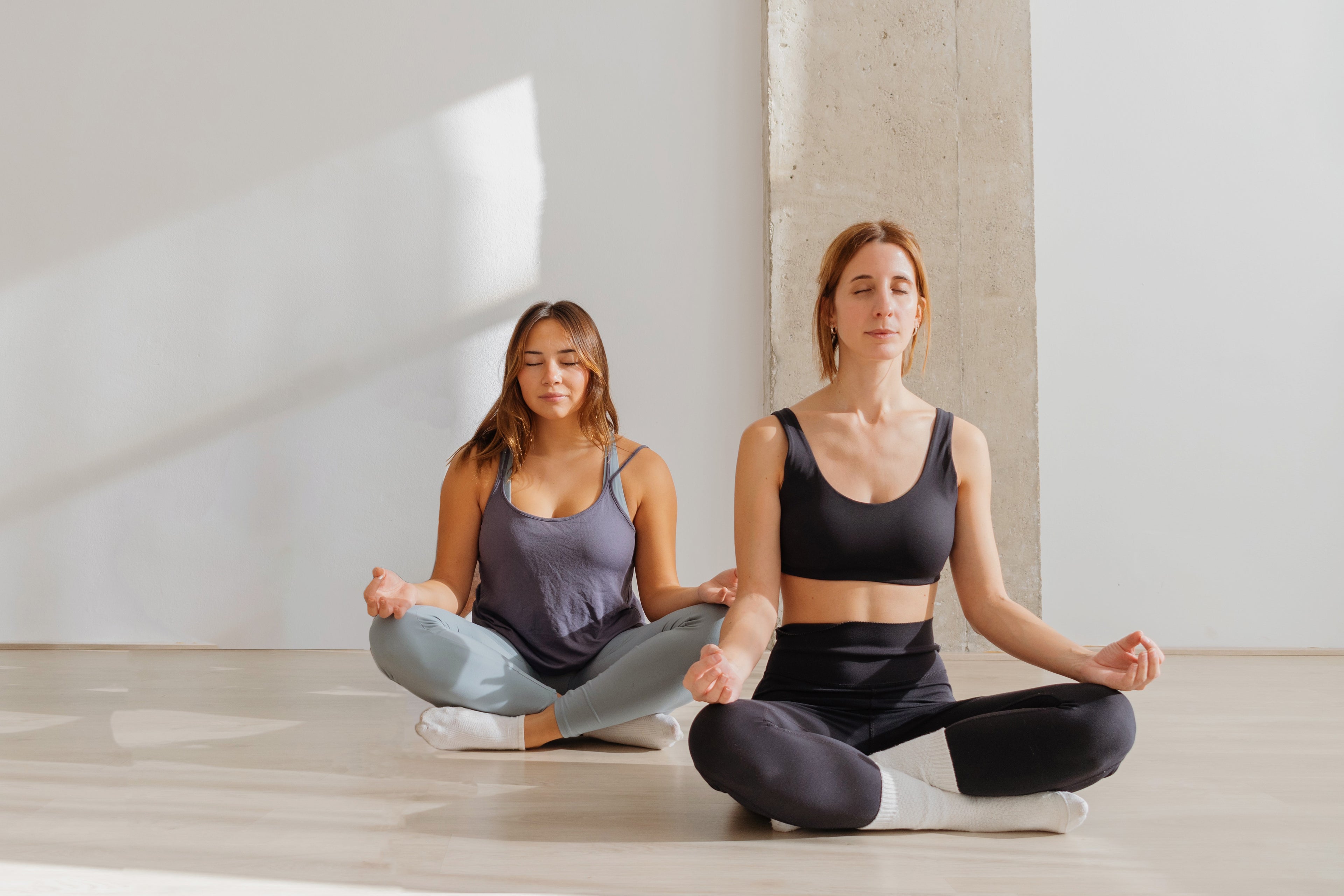Antioxidants are substances that protect us against oxidation by free radicals, thereby preventing them from damaging our cells. It is very important to reinforce our natural antioxidant systems through diet, certain healthy habits or through supplementation.
Here are 6 tips to help you get extra antioxidants:
1. Eat antioxidant foods
The more colours on your plate, the more variety of nutrients you are giving your body. Prioritise lilac-reddish fruits and vegetables such as berries, cherries, blackberries, blueberries, cranberries, red onions, radishes, beetroot, plums, etc. Their plant pigments protect us from the negative effects caused by free radicals and solar radiation.
Other foods with antioxidant and anti-inflammatory properties are:
- Ginger and turmeric, which reduce joint pain.
- Oily fish, oils and seaweed, as well as nuts and seeds are rich in Omega 3 (which activates our immune systems, among many other health benefits).
- Spices and aromatic herbs such as parsley, rosemary, basil, oregano, cinnamon, etc.
- Foods rich in polyphenols (plant pigments) such as garlic, coffee, cocoa or bitter chocolate, nuts, seeds, etc.
2. Aim for a good digestion
In order for your body to absorb and make efficient use of nutrients and antioxidants, we recommend that you build habits such as eating slowly, chewing well and avoid overeating to help improve your digestion and increase the absorption of all the antioxidants you need.
3. Exercise regularly
Although intense training can cause oxidative damage to muscle fibres, several studies have proven that regular physical exercise helps cells increase their ability to reduce free radical over-accumulation. Regular moderate-intensity exercise may enhance some antioxidant defence mechanisms and therefore limit oxidative damage and mitochondrial dysfunction.
4. Protect yourself against UV rays
To protect yourself from the sun and increase your antioxidant levels at the same time, it is important to adopt measures such as wearing appropriate clothing, hats and sunglasses, as well as applying sun cream with a sun protection factor (SPF) of 30 or higher. Try to avoid sun exposure as much as possible between 10 a.m. and 4 p.m., when ultraviolet rays are most intense and harmful.
5. Avoid oxidants such as tobacco and alcohol
Tobacco is highly toxic due to the high amount of harmful health substances it contains, such as nicotine, lead, arsenic, etc. Alcohol also has depressive effects on our nervous system and promotes swelling and fat accumulation in your liver. Both can also interact and interfere with your body’s nutrient and antioxidant absorption, depriving you from getting adequate amounts.
6. Take antioxidant supplements
As mentioned above, it is vital to make sure you get enough antioxidants thanks to a diet rich in fruit and vegetables. If you still feel like you need an extra boost of antioxidants to protect your cells against free radicals, you can include food supplements in your routine. These will help prevent disease, delay ageing and improve your overall health.
In the following table we suggest some antioxidant food supplements that also provide other benefits to your body:
| Antioxidants | Benefits and features |
| L-Glutathione | Immune system care |
| Coenzime Q10 | Good mitochondrial function |
| Vitamin C / Liposomal Vitamin C | Immune system care and tissue synthesis/repair |
| Quercetin | Anti-ageing and anti-inflammatory effect |
| Vitamina E / Vitamin E Complex | Skin and tissue care and anti-inflammatory effect |
| Trans-Resveratrol | Anti-ageing and cardiovascular health support |
| Astaxanthin | Anti-inflammatory and skin care effect |
| Antiox cell regenerator | Cell regenerator and anti-ageing |
As we have already mentioned, to reinforce antioxidant action and efficiency, it is very important to feed them to our body through food or supplementation and combine this with a healthy lifestyle and good habits. If you want to know which antioxidants are best suited to your needs, we recommend you read our post: What are antioxidants and how do we classify them?


